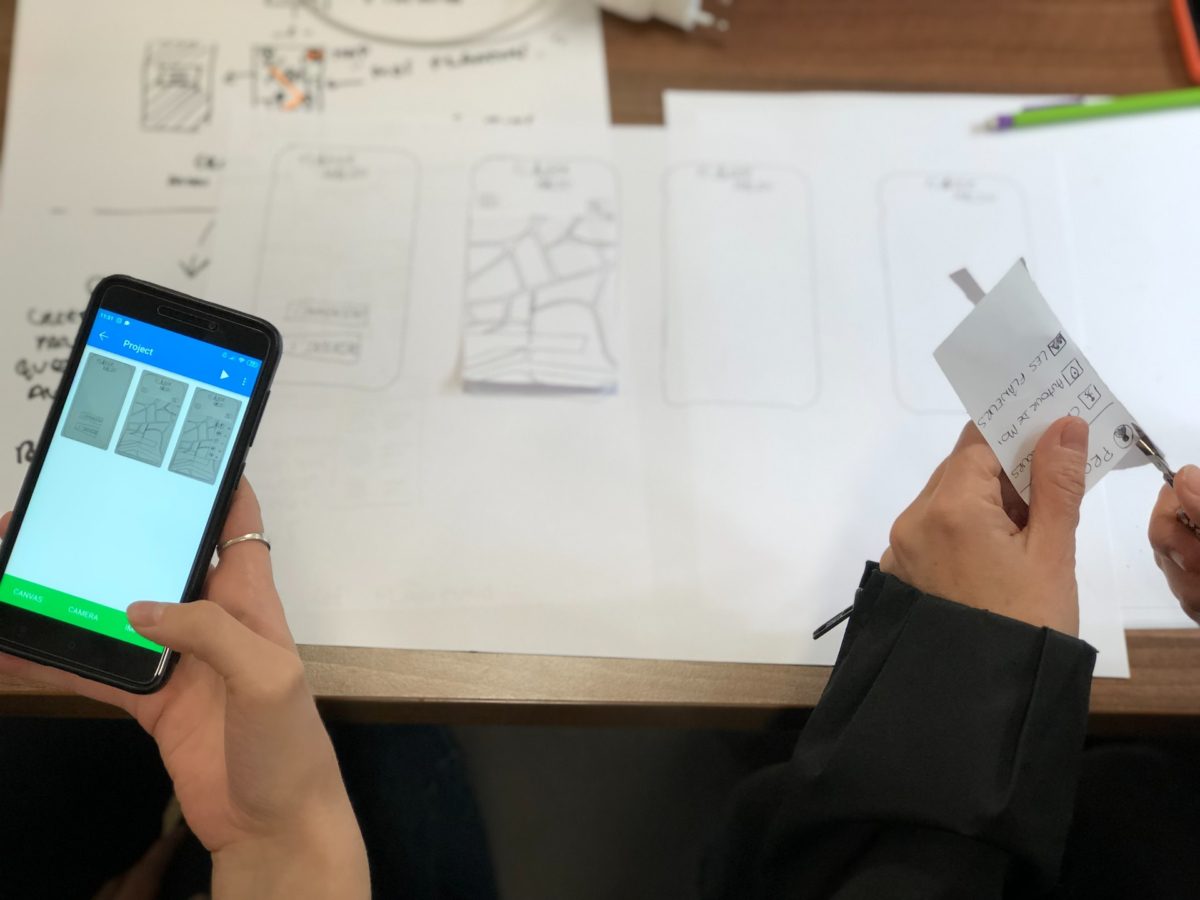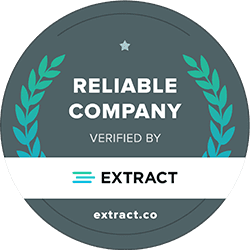Have you ever wondered how brands like Apple, Starbucks, and Netflix manage to achieve worldwide recognition and success? The secret lies in their global strategy.
Are you a startup founder who has business know-how and a fantastic idea for a product, but no technical knowledge? This article is for you.
One of the best ways for non-technical founders to build their product is teaming up with an experienced technology partner to build a Minimum Viable Product (MVP).
An MVP is basically your product stripped to its core functionalities. The idea behind an MVP is delivering a working product that allows end users to complete tasks, and then doing that even better and quicker with each subsequent release.
By developing an MVP, you can validate your idea on the market, gather feedback from your target audience, and adjust your product to achieve the best product-market fit.
But how do you choose the right tech partner for your project? Here are 4 things you should take into account when making your decision.
1. Don’t let the pricing fool you
Even if you’ll be developing a basic version of your product, it’s still software development – and that type of service comes with its costs.
Here’s what you usually get if you pick the cheapest offer: poorly written code that hasn’t been tested for bugs, no documentation that allows expanding or maintaining the codebase properly and a lack of transparency in the development process. In some cases, you might even end up not owning the source code.
The cheapest service is just cheap, not cost-effective. If you focus on choosing a software development company that offers the lowest rates, expect to pay at least 2-3 times more to address all the problems their work will generate in the future. In the worst-case scenario, you might even have to rewrite the entire application before transforming it from MVP to v.1 of your product.
2. Experience in building MVPs
Your tech partner needs to have the skills and know-how to support you at every step of the way, from choosing the technology for your project to launching your MVP.
At this point, you may not know which technology will work best for your MVP. It’s the development team’s job to show you the best options after thorough briefing and needs analysis.
That’s why you should check whether the company has built MVPs before. Browse the case studies section on their website and look at review platforms like Clutch.co. If the company has worked with startup founders before, the chances are high they can help you succeed as well.
A good tech partner should also have experience in creating and managing functional specification documents, because it is critical for ensuring that the MVP meets the client’s requirements.
3. Team expertise
Building an MVP requires an in-depth understanding of your target audience and market. That’s something you bring to the table. The software development company provides the technical expertise required for creating a successful product.
The team of experts that you hire needs to have relevant knowledge and skills to help you not only in tech matters, but also on the product development side of your project.
Deciding which features are most valuable to your target audience is based on understanding your end users and their goals, as well as the overall vision for your application. Experienced designers and developers will be able to identify features that are essential to delivering the best results for your MVP.
- Pro tip: If you know which technology stack you’d like to use for your MVP, choose a company that specializes in it. For example, if you’re looking to develop an application that uses React for the front-end, pick a company that specializes in React instead of one that claims to know many different front-end technologies.
4. Process and tools
Nothing helps in developing a working MVP efficiently like a transparent and well-designed development process.
Make sure that your tech partner uses agile development methods like Scrum. Organizing work in short sprints with daily standup meetings and sprint retrospectives is an industry standard, and the company should follow it.
Another important thing is project management tools used by the company to organize work and report on results. It a good sign if they promise you access to these tools – that way, you’ll be able to monitor the progress of your project and communicate with the team leader using team tools like Slack.
The takeaway
Choosing a tech partner for building an MVP can make or break your business idea. If your MVP fails to deliver value to customers because of poor coding and bugs, your product might never recover from such a blow.
That’s why it’s smart to check these 4 things before closing a deal with a software development company.
Are you looking for an experienced tech partner to help you develop an MVP? We encourage you to start working on your idea today and get a project estimate via our MVP Calculator .






